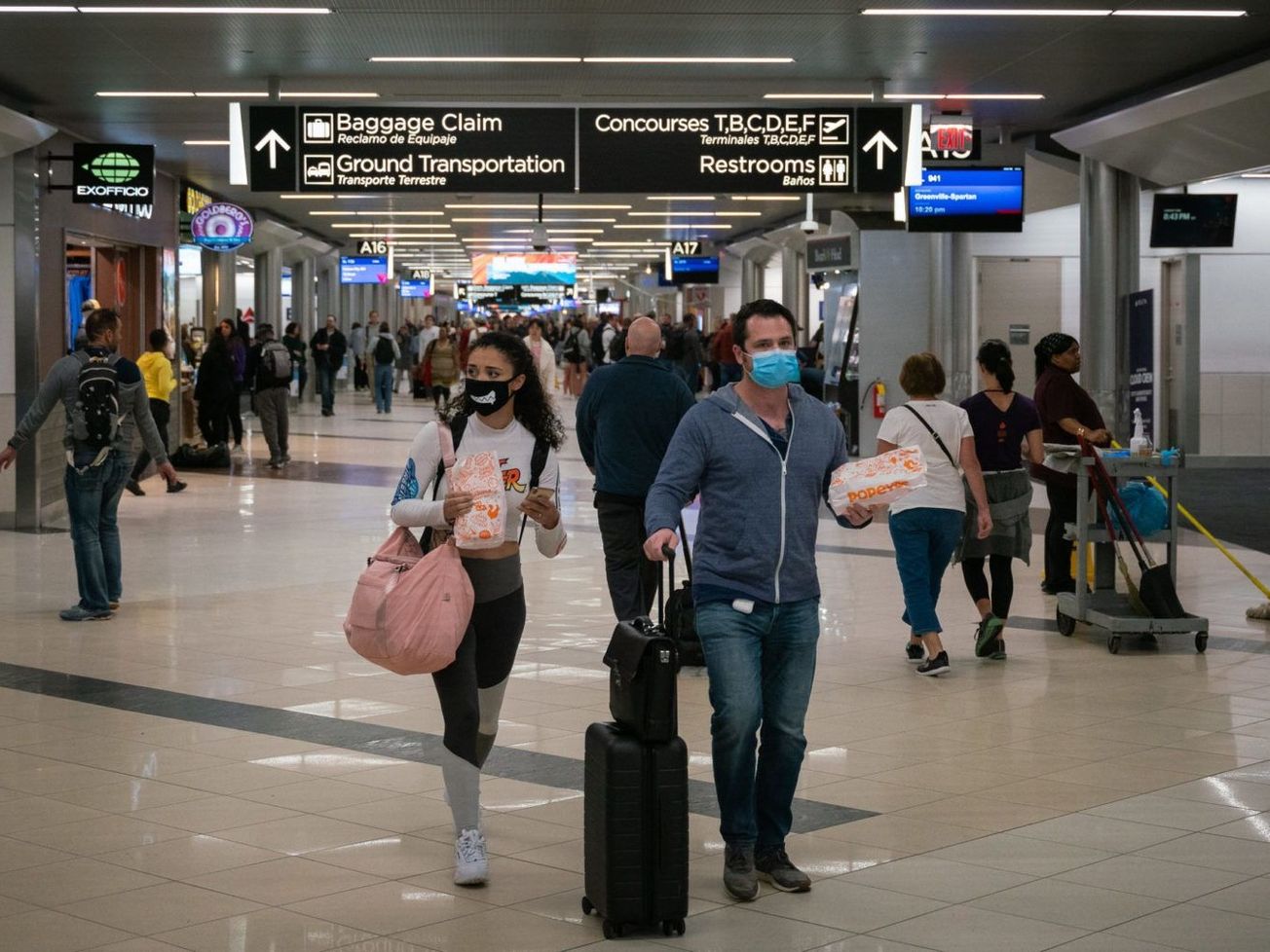GENEVA (AN) — Trade economists who advise the United Nations on policies for developing countries warned on Monday the COVID-19 outbreak could cost the world economy up to US$2 trillion in 2020 and push some nations into recession.
The U.N. Conference on Trade and Development published a 10-page analysis suggesting the hit to global income will be US$1 trillion at minimum even if the worst is avoided, but is likely to be worse.
"With a percentage point drop in global growth costing some US$900 billion in lost income, most forecasts have wiped US$1 trillion of global income for this year, and if growth comes in at 1.7%, the cost of the virus will be closer to US$2 trillion," the analysis says.
Losses of consumer and investor confidence are the most immediate signs of spreading market contagion, according to UNCTAD, which said that a combination of asset price deflation, weaker aggregate demand, heightened debt distress and worsening income distribution could trigger a more vicious downward spiral.
"The spread of the coronavirus is first and foremost a public health emergency, but it’s also a significant economic threat," UNCTAD said in a statement. "The COVID-19 shock will cause a recession in some countries and depress global annual growth this year to below 2.5%, the recessionary threshold for the world economy."
UNCTAD called on governments to invest more in medical, financial and climate-related measures that can help limit the health and economic fallout of the novel coronavirus epidemic. The World Health Organization's latest figures show it is spreading fast, having infected almost 110,000 people and killed 3,800 worldwide, mostly in China where it was first detected in late December.
A coordinated international response will be needed, UNCTAD's analysis says, but central hanks alone cannot solve this crisis.
"An effective response to the economic consequences of the COVID-19 will require not only active and targeted macroeconomic measures," it said, "but a series of remedial policies and institutional reforms needed to build a robust, sustained, equitable and climate-friendly growth trajectory that would reduce the chances of a subsequent economic breakdown."
'Debt, delusion and policy drift'
Richard Kozul-Wright, UNCTAD’s director of globalization and development strategies, said economists have been anxiously looking at possible shocks that could occur due to still-unaddressed problems from the 2008 global financial crisis and a persistent weakness in demand.
“No one saw this coming," he said of the novel coronavirus outbreak, "but the bigger story is a decade of debt, delusion and policy drift.”
Kozul-Wright said public and private aggregate debt levels in many developing countries already are elevated, and, in some cases, acutely distressed. But while a recent explosion of corporate debt poses an immediate danger in advanced economies, he said, developing countries bear financial and debt vulnerabilities that could undercut their ability to withstand another external shock.
China also has become a crucial source of longer-term borrowing for developing countries, according to UNCTAD, and if its lending conditions tighten, the growing number of nations indebted to China may be the slowest to recover from an economic hit due to the COVID-19 crisis.
Last week, UNCTAD reported the global coronavirus outbreak likely caused a US$50 billion decline in worldwide manufacturing exports from China in February alone.
UNCTAD estimated the huge drop based on China’s official Purchasing Managers’ Index, which showed the lowest amount of factory activity since 2004 — worse even than during the global financial crisis. The huge fall implied a 2% reduction in exports on an annual basis. And with many nations reliant on Chinese suppliers, the slowdown in production has global repercussions.
The biggest hits are to the European Union, costing its economy some US$15.6 billion; the United States, US$5.8 billion; Japan, US$5.2 billion; South Korea, US$3.8 billion; Taiwan, US$2.6 billion; and Vietnam, US$2.3 billion, according to UNCTAD. By industry sector, it said, the most affected businesses deal in precision instruments, machinery, cars and communications equipment.
“If the virus continues to spread and gets out of control, and we see closures not only in China but also in India and the United States and everywhere else in the world, then it would be a big problem," UNCTAD economist Alessandro Nicita said. “Ultimately, the economic impact of this virus depends on the measures that countries apply to contain the virus."
In response, the International Monetary Fund announced US$50 billion in aid and the World Bank pledged US$12 billion to help nations deal with the health and economic impacts of the COVID-19 outbreak. The World Bank's share includes US$8 billion in new money and US$4 billion taken from other programs.









